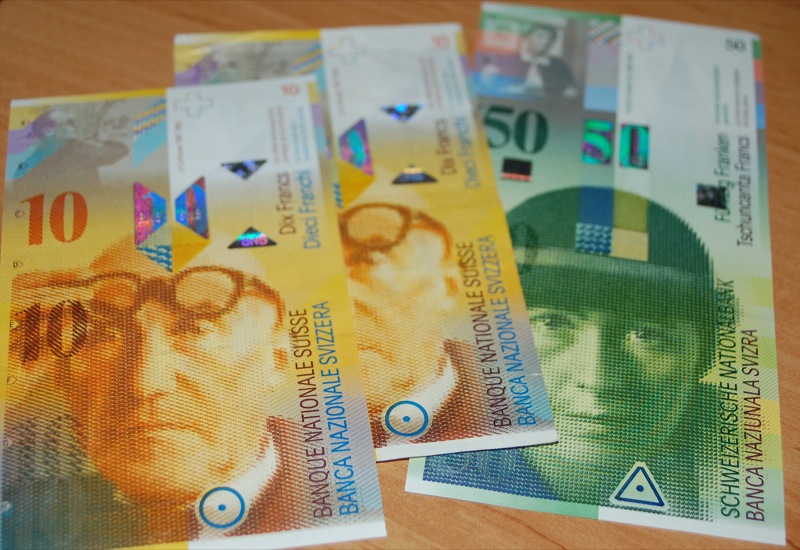The equity sell-off in August was accompanied by an atypical rally in EUR/CHF which has led the market to question whether the franc can still be regarded as a safe-haven with a tendency to outperform in stressed market conditions. It's premature to write-off the franc as a safe-haven insofar as the anticyclical nature of CHF has its roots in Switzerland's current account surplus and net foreign asset position rather than any innate 'safety' of Switzerland. Both of these are structurally robust.

The Swiss current account surplus remains comfortably larger than other safe-haven candidates, albeit the gap to the Euro area has narrowed. Switzerland can also still boasts an impressive external balance sheet with net foreign assets at 120% of GDP. This is stronger than Japan (+23%), let alone the US (-38%) or Euro area (-17%). Switzerland's peerless external position leaves the franc structurally well placed to capitalize on future asset market stress, not only through a reduction in capital outflows in response to mild market stress (in which case the current account surplus doesn't get fully recycled), but also through outright capital repatriation in response to extreme market stress (say a 15%+ correction in the S&P500).
In one regard though the franc has become a less credible safe-haven and that's due to the substantial short-covering that's taken place in the franc over the last few years (or more accurately the transfer of short CHF exposure from a foreign private sector with shallow pockets to the SNB with much deeper pockets). The reduction in the market's short CHF positioning base should result in less of a scramble to cover CHF liabilities whenever volatility rises and hence reduce the negative beta between CHF and equity markets (a negative relationship still, just weaker than in the past).
The opposite has happened to EUR positioning of course, and this rotation from CHF to EUR funding could well sponsor a more durable shift in the correlation between EUR/CHF and asset markets - as the pre-eminent funding currency it's the euro which now stands to outperform in de-risking episodes. That the euro is no longer the source of systemic market risk also supports a re-rating of the EUR/CHF-equity correlation.
In summary, while the franc remains a structurally safe currency, shorter-term positioning dynamics may well begin to obscure this fact as far as the risk-off performance of the EUR/CHF cross is concerned. August probably won't be the last time that EUR/CHF rallies when stock markets stumble or tumble.



 Gold Prices Fall Amid Rate Jitters; Copper Steady as China Stimulus Eyed
Gold Prices Fall Amid Rate Jitters; Copper Steady as China Stimulus Eyed 
































